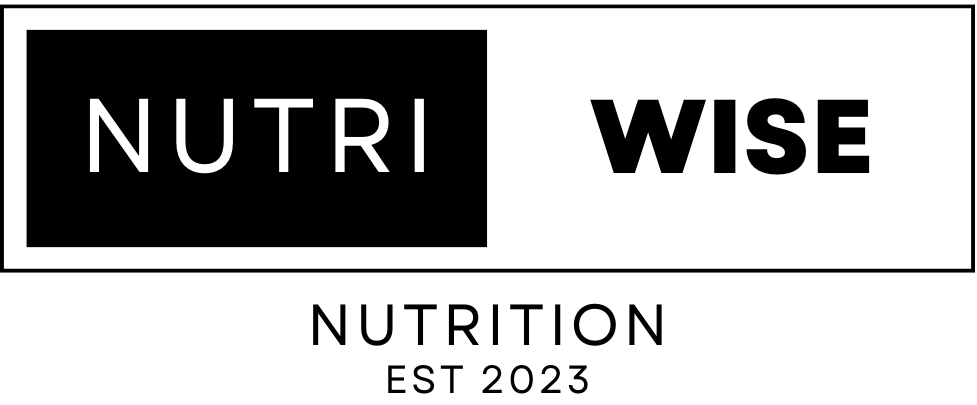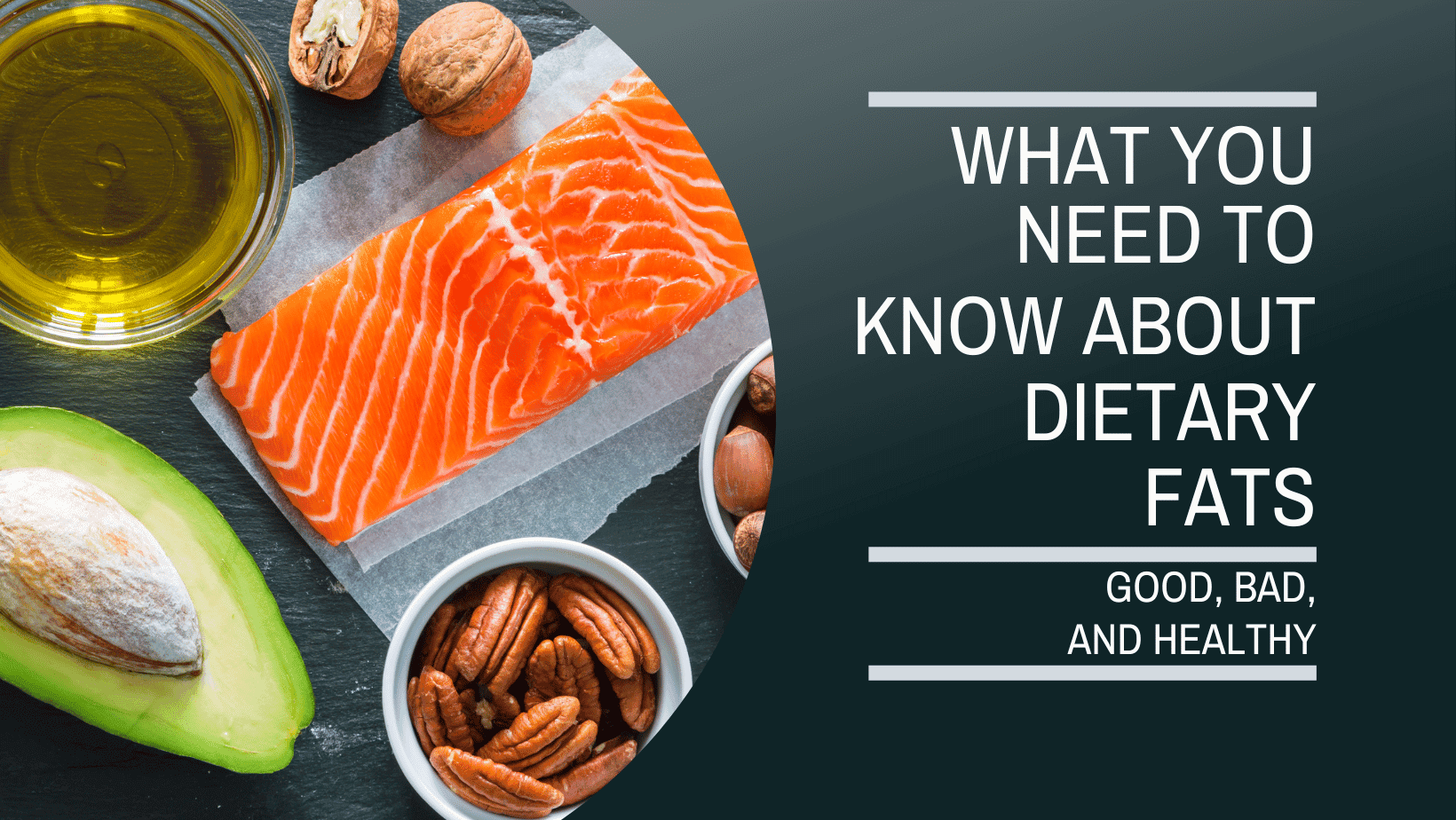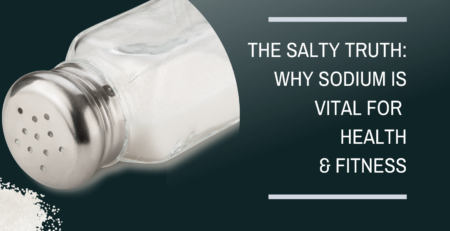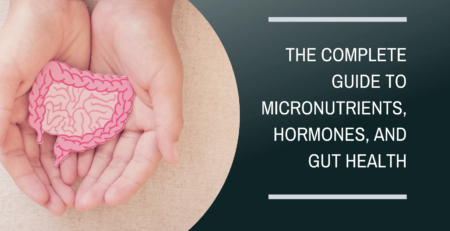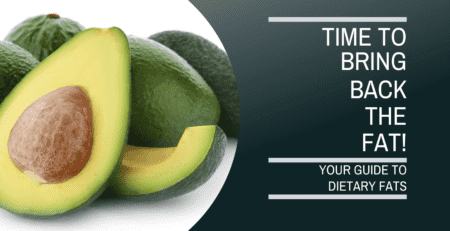What You Need To Know About Dietary Fats
Have you ever wondered why your diet matters when it comes to maintaining a healthy lifestyle? You’re not alone. As it turns out, the foods we eat have an enormous impact on our health, and one of the most important aspects is dietary fat. We all know that fat isn’t always bad for us – in fact, some fats are essential for good health! But how do we determine which fats are beneficial and which ones should be avoided? If this sounds like something you need help with, keep reading. In this article, we’ll explore what you need to know about dietary fats so that you can make informed decisions about your nutrition choices.
The truth is, dietary fats play an incredibly important role in keeping us healthy. They provide energy and fuel for our bodies, transport vitamins across cell membranes, and even help protect against disease. However, there are different types of fats found in food – some offer health benefits while others may actually increase our risk of certain illnesses. So how exactly do we differentiate between them?
It’s easy to feel overwhelmed by conflicting information regarding dietary fat intake today; thankfully, understanding the basics shouldn’t be too difficult. By learning more about the different kinds of dietary fats available as well as their associated risks or benefits, you can make wise decisions regarding what types of fat you consume. With just a bit of knowledge and insight into nutritional labels, it doesn’t need to be complicated either!
1. Types Of Dietary Fats
It is a common belief that all fats are bad for us, but we need to take a closer look at the facts. Dietary fats come in many different forms and each has its own nutritional value. Let’s explore the types of dietary fats available and what they can do for our health.
Unsaturated fatty acids are found mainly in plant-based foods such as olives, nuts and avocados, as well as fish like salmon, mackerel and sardines. They’re beneficial for your heart health because they help regulate cholesterol levels and inflammation. Unsaturated fats also provide essential vitamins and minerals to improve overall well-being.
Saturated fat is found mostly in animal products like red meat, butter, cheese and cream. While many sources will advise you to consume this type of fat in moderation due to its links with high cholesterol levels, it actually has plenty of benefits; it helps keep cells healthy by providing energy and forming part of cell membranes. It also aids absorption of certain nutrients from food into our bodies. There is also an increasing body of evidence supporting the fact that saturated fats are actually not the cause of many of the lifestyle diseases and high cholesterol levels associated with consumption due to a series of flawed studies and meta-analyses.
The fat you should be concerned about is Trans fat, which is an artificial form created through hydrogenation processes during manufacturing or cooking processes; these particular forms can increase unhealthy cholesterol levels so should be avoided where possible – you’ll find trans fats listed on food labels so always check before purchasing something if unsure!
In short, if a fat is created naturally it’s beneficial for consumption in some shape or form if it is left in that shape or form.
2. Benefits Of Dietary Fats
Our bodies need certain fats to function properly, but we tend to think of them as a guilty pleasure or an unhealthy indulgence. It turns out, however, that there are some benefits associated with dietary fat consumption – if you know what type of fats to look for and how much is too much. Let’s take a closer look at the advantages these essential nutrients have to offer.
Imagine a world where your cells can absorb all the nourishment they need; one in which vitamins and minerals reach every corner of your body quickly and efficiently. That vision isn’t just wishful thinking; it’s actually possible when you include healthy sources of dietary fat into your diet. These sources, such as monounsaturated fatty acids, can promote cell membranes’ fluidity which helps ensure that vital nutrients travel easily through the bloodstream.
Furthermore, dietary fats play an important role in helping us feel full after meals due to their higher caloric value, keeping cravings away and making sure our energy levels remain balanced throughout the day. If consumed moderately (within recommended daily allowances) and from healthy, whole food sources instead of processed food items, dietary fats make up part of a nutritious diet that supports long-term health and wellness.
With this knowledge under our belt, we now have everything we need to understand why dietary fats are so important for maintaining our physical well-being – despite their sometimes undeserved bad reputation!
3. Sources Of Dietary Fats
Fats, like the essential link between two sides of a chain, are an important part of any healthy diet. But what are these fats, where do they come from and how can we get them into our diets? Let’s look at the sources of dietary fats and why it is so important to include them in our nutrition.
The most common source of dietary fat is animal-based products such as dairy and meat. Dairy contains butterfat which provides energy for many bodily functions while meats have similar benefits with additional vitamins and minerals. Plant-based sources also provide significant amounts of dietary fat; nuts, seeds and avocados contain monounsaturated fatty acids (MUFAs) which are known to help reduce cholesterol levels by increasing HDL or ‘good’ cholesterol. Other plant sources such as olives, olive oil, coconut oil and flaxseed contain polyunsaturated fatty acids (PUFAs), which again help reduce LDL cholesterol levels but also contribute to cardiovascular health overall.
Ideally you should consume a variety of sources of fat to maintain a healthy, balanced diet.
These days there’s all kinds of ways to sneak healthy fats into your diet without sacrificing taste – adding avocado slices on top of salads or tacos gives you that creamy texture while getting in some MUFAs; switching out butter for olive oil when cooking adds PUFAs; using Greek yoghurt instead of cream cheese not only lowers fat content but boosts calcium intake too! It really isn’t hard to incorporate more good quality fats into your daily meals – just make sure you don’t overdo it because excessive consumption can lead to weight gain regardless of its nutritional value.
Making healthier choices doesn’t mean giving up flavourful food – it means being mindful about finding smart alternatives that still give your meals texture without compromising their nutritional value.
4. Risks Of Excessive Dietary Fats
Fats can be a slippery slope, and if not managed properly it can lead to serious health issues. Like an avalanche of consequences, excessive dietary fats can create a domino effect in our bodily systems. Let’s take a look at the risks associated with consuming too much fat.
When most people think about fatty foods they think burgers and fried foods – for good reason. This is the way many people consume their fats and it’s causing them more harm than good for a variety of reasons. Excessive caloric intake causes fat storage and excessive fat storage leads to obesity.
When you overindulge on fatty foods, your body is unable to use all that consumed energy effectively; instead they are converted into cholesterol and stored as fat in different parts of the body. This increases one’s risk for developing heart disease, stroke, diabetes, chronic inflammation, and even cancer. Furthermore, high-fat diets have been linked to kidney and gall bladder stones due to their abundance of oxalates which bind together calcium molecules when digested—creating crystalized formations in the kidneys.
On top of this physical danger lies psychological implications from unhealthy eating habits: various emotional imbalances caused by excess fat consumption such as anxiety or depression. It’s essential we understand how vital maintaining proper nutrition is for our overall wellbeing before partaking in any sort of diet plan. Too often do people turn towards extreme methods without understanding what repercussions could come about along the journey.
The value of healthy living should never be taken lightly; being mindful about what we put into our bodies will help us stay away from harmful lifestyle choices down the road.
5. How To Include Dietary Fats In Your Diet
So, how do you ensure that you include the right amount of dietary fats in your diet? Dietary fat is essential for certain bodily functions, and thus it can be beneficial to incorporate some into daily meals. For instance, healthy unsaturated fats found in olive oil, avocados, and nuts are important sources of energy. They also provide essential nutrients like vitamin E and omega-3 fatty acids which help improve our cardiovascular health.
It’s important to note that consuming too much fried food can increase one’s risk of developing heart disease. To avoid this, limit or avoid foods fried in oil. When cooking with oils or fats ensure you’re using extra virgin olive oil, tallow or butter as close to its natural form as possible. If you’re consuming excessive fats in general you may want to consider leaner cuts of meat and reduce intake of processed meats such as bacon or sausage to get your consumption under control and at an acceptable level of dietary fat.
When designing a macronutrient profile for a client I will generally use this as a guide:
| Goal | Amount of Fat Allocated |
|---|---|
| Athletic Performance | 1g/KG body weight (minimum and work up if needed) |
| Weight Loss | .8g/KG of body weight (at the lowest) |
| Maintenance | 1.2g/KG of body weight |
| Gain | 1.5-1.8g/kg of body weight (depending on client tolerance) |
Overall, moderation is key when including dietary fats in your meals. Too little won’t provide enough nutrition while too much may lead to serious medical complications. Therefore, try to use a variety of different types of healthy fats so that you’re getting an adequate amount without going overboard.
Conclusion
The role of dietary fats in our diets is an important one. Knowing the types, benefits and sources of different kinds of fat as well as how to include them in your diet can help ensure you get all the essential nutrients necessary for a healthy lifestyle.
But there are risks associated with eating too much fat, such as weight gain and increased risk of heart disease. It’s important to be mindful when incorporating dietary fats into your diet and strive for balance. I recommend consulting a nutrition coach such as myself and explore the benefits working with someone who has a vast knowledge on the subject for assistance if you have any questions about the best way to include fats in your meals and snacks.
By making informed decisions about which fats to incorporate into my diet, I’m confident that I’m taking steps towards living a healthier life. So don’t let dietary fats scare you – use them wisely and enjoy their deliciousness!
